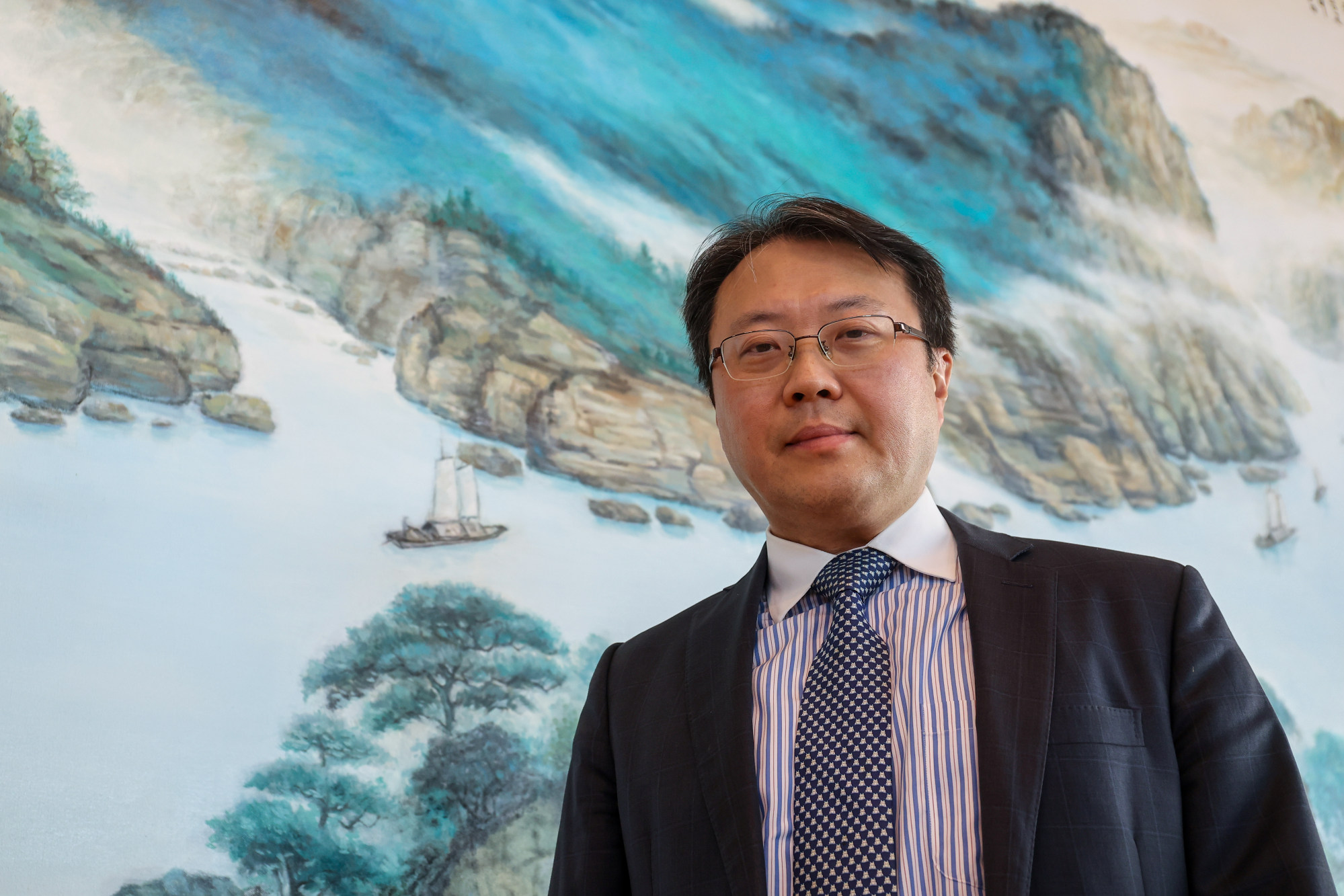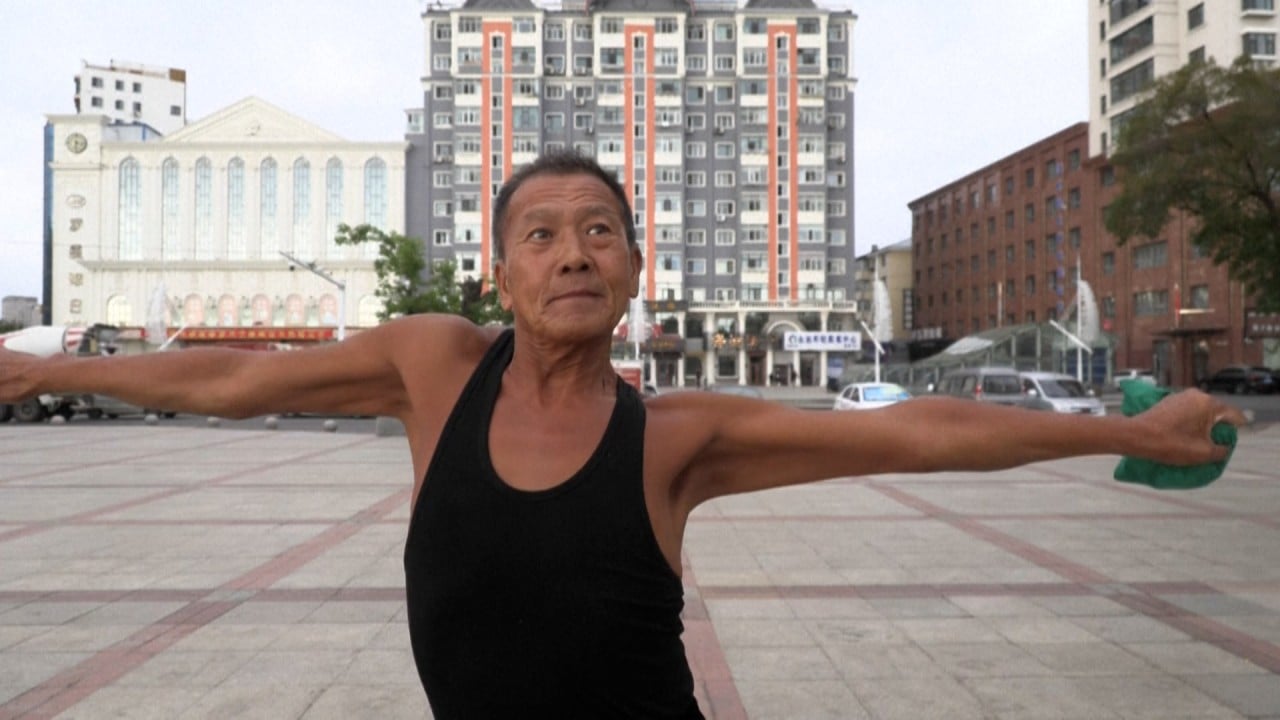
Hong Kong retirees facing income shortfall of US$641 a month on average, survey shows
- Post-retirement incomes of Hongkongers stand at about HK$12,000 per month on average, according to survey conducted by BOC Group Life Assurance and Golden Age Foundation
- Poll will hopefully ‘inspire concerted social efforts to foster the development of elderly care in Hong Kong and create an age-friendly city for everyone’: BOC Life CEO
The post-retirement incomes of Hongkongers, who usually retire at the age of 62, stand at about HK$12,000 per month on average, according to the survey conducted by BOC Group Life Assurance and Golden Age Foundation. This income was derived mainly from investments and was 60 per cent below their average income before retirement of about HK$30,000, the survey found.
The survey, which polled about 1,000 people at the end of last year, showed that retirees needed to spend about HK$17,000 per month, indicating a shortfall of HK$5,000.
The survey will hopefully “inspire concerted social efforts to foster the development of elderly care in Hong Kong and create an age-friendly city for everyone”, said Wilson Tang Chee-ping, BOC Life’s CEO.

The survey comes as Hong Kong moves rapidly towards becoming a “super-ageing society” starting next year, when more than 21 per cent of its population will be above the age of 65, according to an estimate by the Hong Kong Census and Statistics Department.
Moreover, the city’s elderly population will become the majority, with four out of 10 people in Hong Kong aged 65 years or above by 2050, according to the United Nations. The city’s life expectancy reached 84.9 years in 2019, the longest in the world. This means that, on average, each retiree is expected to live for 20 years post retirement.
“To avoid a shortfall, people might need to consider working to an older age, and start their retirement planning at a much younger age,” said Robert Lee Wai-wang, a lawmaker for the financial services sector and CEO of local brokerage Grand Capital Holdings.
Hong Kong retirees might also consider living in other cities in the Greater Bay Area upon retirement, Lee said. “Indeed, Hong Kong is an expensive city. People might opt for moving to the Greater Bay Area to enjoy a lower cost of living while they can travel to Hong Kong within an hour.”
On average, each member has HK$236,800. If they use this sum to cover the HK$5,000 monthly shortfall, it will only last for four years.
“The MPF is a good start, but people need to invest more in different vehicles such as stocks, bonds, property and annuity for a stable income after retirement,” said Gordon Tsui Luen-on, director of the Hong Kong Securities and Investment Institute.
The Mandatory Provident Fund Schemes Authority (MPFA), Hong Kong’s pensions regulator, said the MPF is only one pillar of retirement protection, so the system needs other pillars, including voluntary savings, family support and other social programmes such as government housing and healthy policies to provide comprehensive retirement protection.
Going by experience globally, it takes 40 years for a retirement savings system to mature. As such, the MPF is only mid way in this process as it has operated for only 22 years, the spokesman added.
More than 80 per cent of the elderly worry that medical expenses and inflation might erode their assets, which is a top concern, the BOC Life survey found. This is followed by changing physical conditions in the next 10 years, expensive private healthcare services and the risk of serious illness, with over 70 per cent of respondents naming these as their biggest concerns.
The report also stressed the need to support carers, most of whom form the “sandwich generation”, who must take care of both their parents and children. Everyone should start to prepare for retirement – of their parents and themselves – when they reach the age of 35 years, the BOC Life report said.



